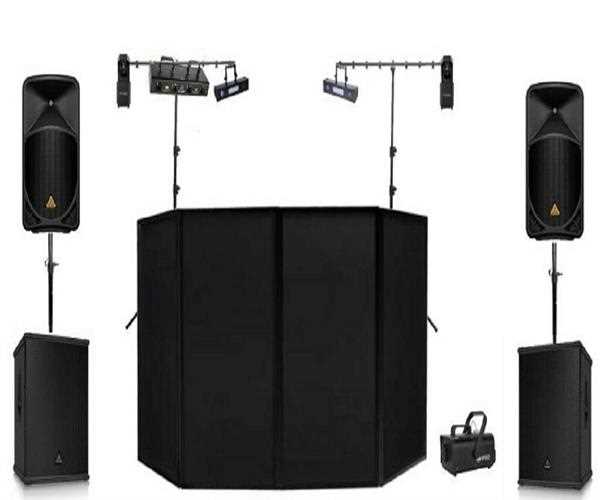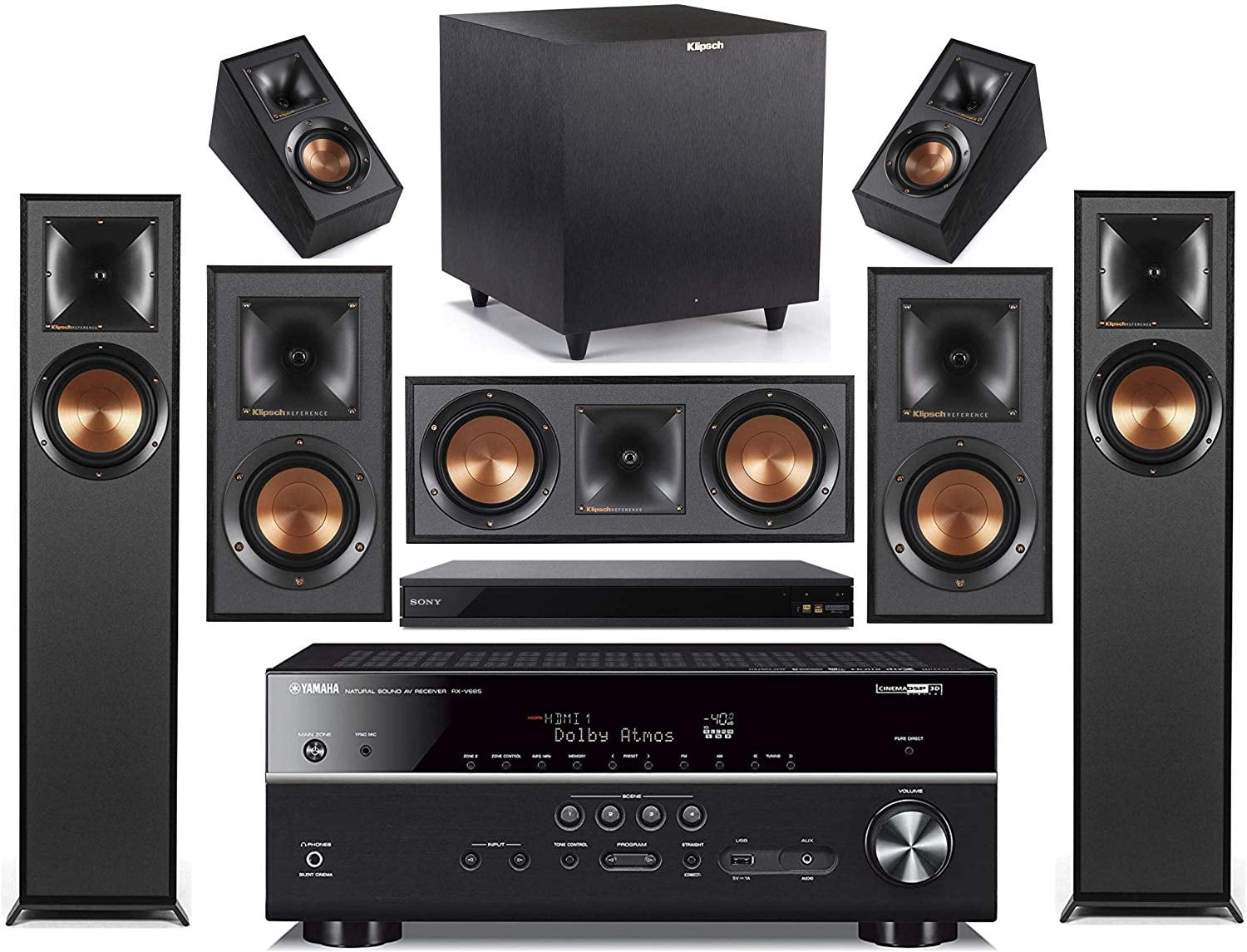

For home theater surround sound in particular, it is important to look for a receiver fluent in Dolby Digital, and DTS. The advance of audio and video quality over the past few years has been tough to keep track of.

Preamps and all of the audio and video processing does. Amplifiers generally don’t change drastically from year to year. Receivers are essentially a preamp and amplifier shacked up together in the same box. As a result, certain receivers that list 50 watts per channel may output more power than one that lists 100 watts per channel (and these types of lower-but-better-power receivers are typically of higher quality.) Receivers vs Amplifiers Currently there are vague rules for how receiver companies rate power output. But wait, you’re probably saying, “100 watts is 100 watts, right?” Not exactly. Most receivers list around 100 watts per channel, and can cost anywhere from $150 to thousands of dollars. When you are looking at receiver specifications for power ratings, you’ll notice a few things.

Power Requirements (What’s the deal with Watts?) A two-channel stereo setup and a 7.1 channel setup have totally different power needs. Also, it’s important to ask yourself how many speakers you’ll be using. Keep in mind you don’t need 150 watts to make that speaker sound fantastic. Try and pick a receiver that can deliver a constant amount of power within the recommended rating, so if a speaker requires between 25-150 watts, a receiver that can put out 45-100 would suit you very well. Most recommend between 25 and 400 watts - some even more. Take a look at the manufacturers recommended power rating for your speakers. You’re not going to need the same amount of power to run satellites as you will with tower speakers. The size of your speakers makes a difference in how much power they need. The first thing you need to consider is size. We certainly hope they’re from Aperion Audio, but we understand if they’re not – perfection takes time. Knowing which speakers you’re using or preparing to purchase is very important. What speakers are you using? How many? How big is your room? What is the sensitivity of those speakers? What do you want to accomplish with your system? Do you watch more movies or listen to more music? Let’s dig into some of the common factors that come into play when selecting a receiver. Being bombarded with models and terms and specifications is enough to make you pass out! With that in mind, we present our handy course on choosing a home theater receiver.īefore you’re ready to spend your hard earned cash, you should ask yourself a few questions. Selecting a home theater receiver can be a real challenge.


 0 kommentar(er)
0 kommentar(er)
